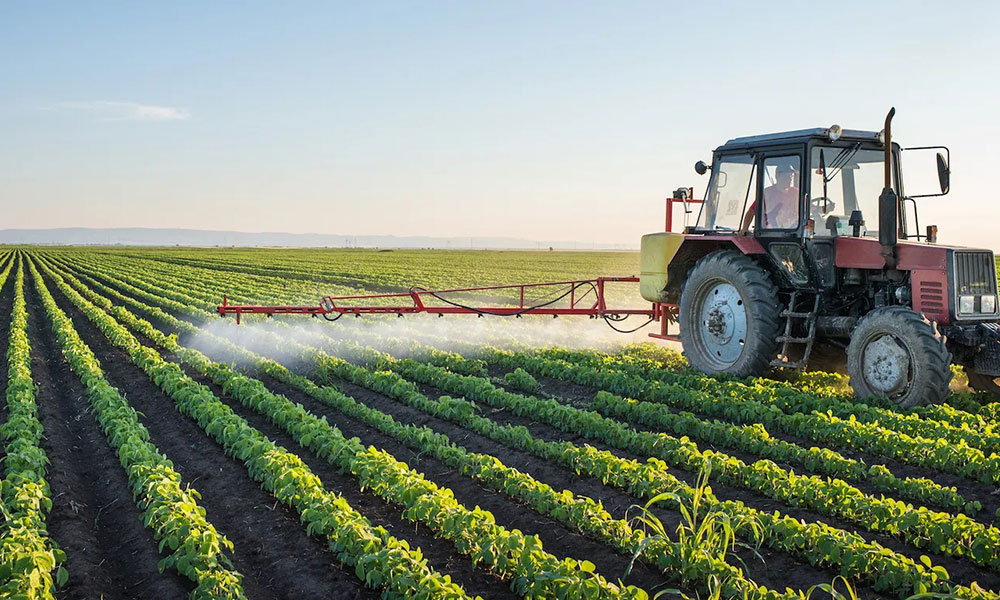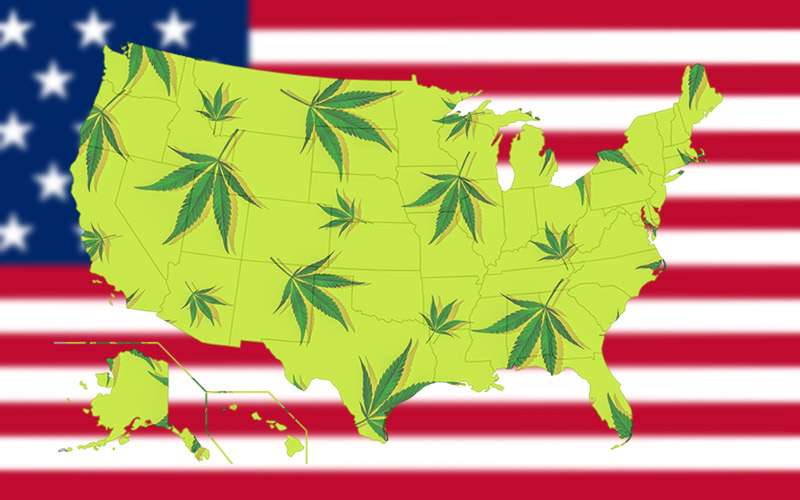
The density 2018 Farm bill was undoubtedly very controversial. The inclusion of hemp was the cause for this. Some people liked this inclusion, and some did not. The impact the 2018 farm bill has had on the hemp industry is massive—the farm bill is changing the hemp industry.
This business has not stopped growing from that moment on. Hemp is quite a new agricultural product, and there are still many things unknown about it. Many people consider hemp as the new game-changer in the agriculture business.
Whether you like hemp products or not, you cannot deny it seems to be the next big thing in the business. As the business keeps growing more and more, so does the interest in hemp.
Both consumers and producers are still learning some of the basics of the hemp business. The repercussions of the 2018 farm bill are still significant to this day. Do your research before acquiring any hemp-derived products. This will help you avoid any unwanted confusion.
What is Hemp?
The most frequently asked question is obviously, what exactly is hemp? Where does all this hype come from? There are tons of false information out there that looks to disrupt hemp’s products reputation.
First of all, it is essential to say that industrial hemp is not marijuana. This is one confusion that has misled many into thinking hemp is something that it is not. This is one of the main reasons that has held hemp back all these years.
The most common confusion is associating industrial hemp with marijuana when, in reality, it has nothing to do with it—hemp its use worldwide for the production of all sorts of density products for multiple years now.
“A variety of Cannabis sativa L, hemp is a dioecious plant, which means it can be separated into male and female plants. These plants have served a wide variety of purposes for more than 10,000 years. We get fiber from the plant’s stems, protein from the seeds, oils from the leaves, and smokable flowers. Hemp fibers can be used to make items including paper, clothing, textiles, rope — even building materials.” According to Weedmaps
Industrial hemp is usually grown as a seed or crop. It can also be grown as a fiber. In that case, the hemp is planted in high density to maximize production. The hemp plant has got both an outer ring and an inner one.
The outer ring produces the more valuable fibers; the inner one the less valuable ones. The plants are usually located apart from each other when hemp is grown for seed. This massively helps seed production.
2018 Farm Bill
The 2018 Farm Bill is an innovative new law that marks a historical moment in agriculture. It legalized hemp production and removed the crop from the list of controlled substances.
According to fb.org “The 2018 bill also listed hemp as a covered commodity under crop insurance and directed the Federal Crop Insurance Corporation board to streamline the process for developing hemp policies. Given the excitement and uncertainty around the market potential for hemp, the 2018 bill also requires the secretary of agriculture to conduct a study of the hemp-related agricultural pilot programs implemented under the 2014 farm bill, along with any other agricultural and academic research on the subject, to determine the economic viability of a domestic hemp market.”
Although the law did create the space for hemp production, it does not give the producers the required system for it. This means that it is still not the same to grow hemp as to grow other crops. For example, the production of a plant with higher than 0.3% THC is still illegal.
The same goes for the people that cultivate hemp without the required license and proper permission. The punishments for the people that violate these restrictions may even get to be quite severe. This is what makes hemp production much more complicated than the production of other crops.
Furthermore, there are other regulations to hemp production depending on the state you live in. There are many more regulations and complications in hemp production than in any other agricultural production.
Why did They legalize Hemp Products?
There are many answers to this question. Some say it was a political decision; others say it was an economic decision. It all depends on who you ask. CBD or Cannabidiol is now a legal substance. Cannabidiol is a non-intoxicating density compound that can be found in cannabis, but it is illegal.
CBD remains a Schedule I substance in the eyes of the law. There are certain exceptions to this rule, though.
“The Farm Bill ensures that any cannabinoid—a set of chemical compounds found in the cannabis plant—that is derived from hemp will be legal, if and only if that hemp is produced in a manner consistent with the Farm Bill, associated federal regulations, association state regulations, and by a licensed grower. All other cannabinoids, produced in any other setting, remain a Schedule I substance under federal law and are thus illegal. (The one exception is pharmaceutical-grade CBD products that have been approved by FDA, which currently includes one drug: GW Pharmaceutical’s Epidiolex.).” –Brookings.edu
There is another area that requires more profound research. Because of cannabis’s Schedule I status, all cannabis-based research undertaken in the U.S uses a specific type of cannabis.
That cannabis comes from the Marijuana Program at the University of Mississippi School of Pharmacy’s National Center for Natural Products Research. Nevertheless, now that hemp products CBD are legal, why is this still a requirement?
It does not seem to make sense that everyone still has to get their products from Mississippi. The FDA, DEA, and the NIDA have to do a great job guaranteeing that this restriction is respected. Let’s see how this whole thing plays out.
States That are Legal to Cultivate Hemp

It is essential to know that the 2018 Farm Bill does not affect state-legal cannabis programs. This means that every state has its own rules and restrictions regarding cannabis, and everyone living in those states functions according to them.
Over 30 states had already legalized cannabis for medical purposes before this Farm Bill came out. Ten states have already legalized cannabis for adult use. Technically speaking, these programs are illegal under federal law, but the Farm Bill does nothing to change this situation.
Many people expect the reforms of this Farm Bill to result in deeper and broader cannabis reform. These people are begging for a reform that normalizes and unifies all density cannabis regulations. It is about time things are clarified once and for all.
There is one crucial legal reality that needs to be remarked. Every CBD product produced by any medical, adult-use, or state-legal cannabis program is illegal under the United States federal law. There are plenty of false myths out there that say that CBD products are entirely legal.
That couldn’t be further from the truth. The 2018 Farm Bill does legalize certain CBD products, but this does not mean that all CBD products are legal, not at all. Knows whether your producer works under legal regulations or not is an essential thing.
It is strongly recommended to do your research to ensure that you buy fully legal CBD products before actually acquiring them.
Conclusion
Hemp is undoubtedly a fascinating addition to the agricultural world and a potential game-changer. But there are no guarantees. There is still plenty to find out and get to know about hemp. Do not buy into what many pro-hemp density activists are saying.
Yes, the hemp market is indeed growing, but there are still multiple challenges to take on. The U.S hemp market is quite a new thing, still growing and expanding. This market still has a lot of space to develop and to get both new producers and consumers.
Some regulations are still not 100% clear, but the law has to be respected. Experts usually recommend doing one’s owns research before buying any product at all. Many people take advantage of those grey areas in the regulations.
In conclusion, although the future of the hemp market in the U.S looks exciting, it is still quite an uncertain thing. Whether some people like it or not, the future looks bright for this business. There are many fascinating opportunities and possibilities.
This business undoubtedly needs proper cannabis reform. It would surely help clarify many things and end all these fake myths. Many grey areas still need to be clarified. The hemp business looks exciting, but there is still a lot of work to do.
